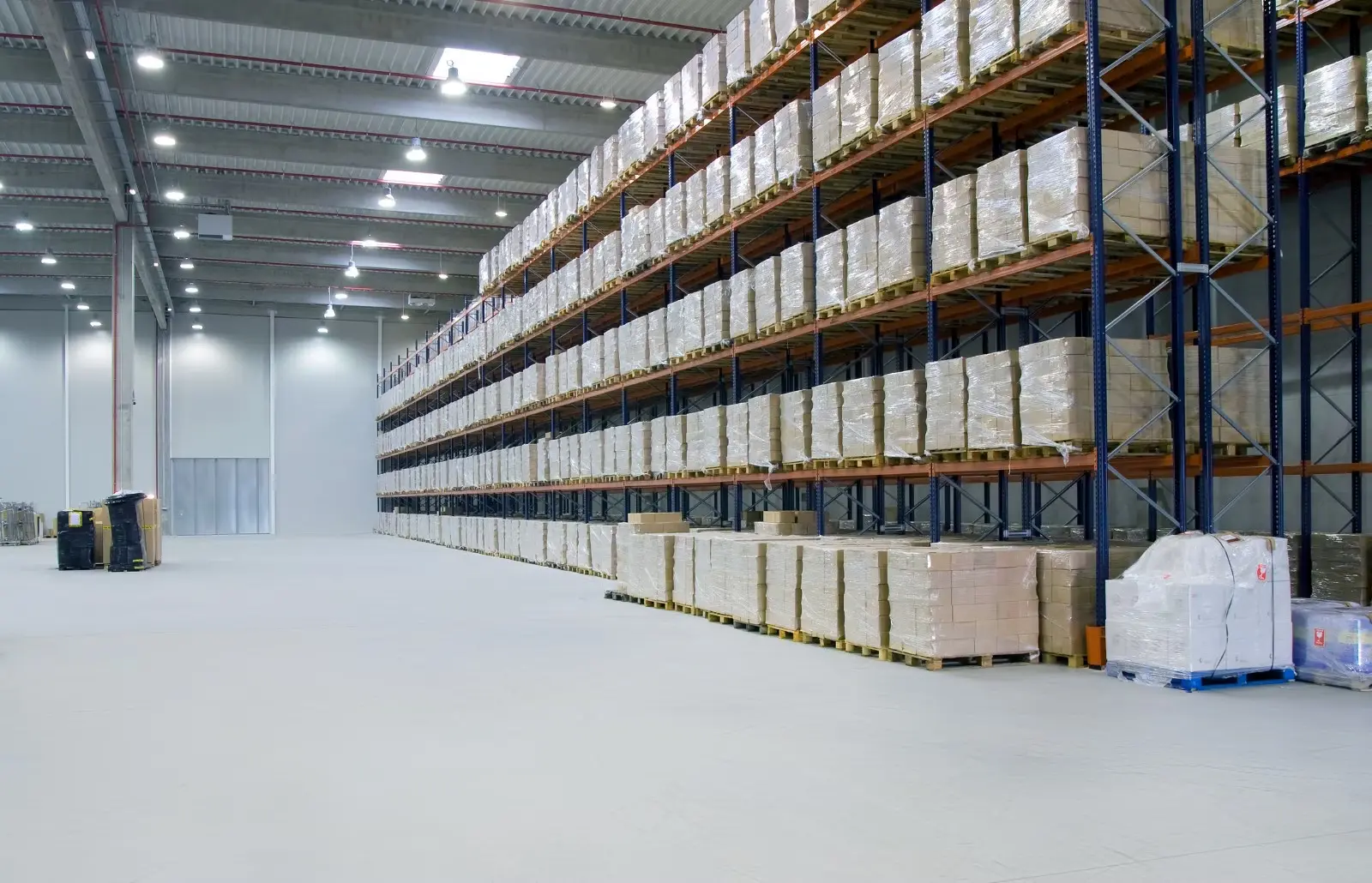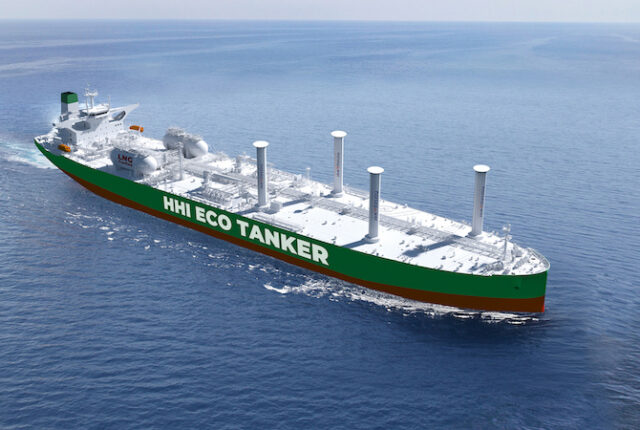
The Role of Warehousing in Cold Chain Management
In the realm of supply chain management, the role of warehousing in cold chain management is pivotal. As the global demand for temperature-sensitive products such as pharmaceuticals, food, and beverages continues to rise, the need for efficient cold chain management becomes increasingly crucial. The process of maintaining a controlled temperature environment throughout the supply chain is challenging and complex. This article explores the significance of warehousing in cold chain management, highlighting its role in ensuring product integrity, minimizing spoilage, and maximizing customer satisfaction.
The Role of Warehousing in Cold Chain Management
When it comes to cold chain management, warehousing plays a vital role in maintaining the quality and integrity of temperature-sensitive products. Let’s delve into some key aspects of warehousing in cold chain management:
- Temperature Control and Monitoring
One of the primary responsibilities of a cold chain warehouse is to provide precise temperature control and monitoring. Warehouses equipped with advanced refrigeration systems, temperature sensors, and monitoring devices ensure that products are stored within the specified temperature range. This guarantees that perishable items remain fresh and unspoiled throughout their journey from production to the end consumer.
- Inventory Management
Effective inventory management is essential in cold chain management to prevent stockouts, minimize wastage, and ensure timely delivery. Warehousing facilities incorporate sophisticated inventory management systems that track product movement, expiration dates, and stock levels. These systems enable warehouse managers to optimize stock rotation, identify slow-moving items, and plan replenishment effectively.
- Packaging and Labeling
Proper packaging and labeling are critical in cold chain management to maintain product quality and ensure compliance with regulatory standards. Warehouses are responsible for ensuring that temperature-sensitive items are packaged appropriately to withstand the rigors of transportation and storage. This includes using insulated packaging materials, gel packs, or dry ice to maintain the desired temperature. Additionally, warehouses must ensure accurate and legible labeling, including temperature requirements and handling instructions, to facilitate proper handling throughout the supply chain.
- Efficient Storage and Handling
Warehouses play a pivotal role in optimizing storage and handling processes for temperature-sensitive products. They employ various techniques such as cold rooms, freezer storage, and segregated areas to accommodate different temperature requirements. Furthermore, warehouse staff are trained in proper handling techniques to prevent damage or temperature fluctuations that could compromise product quality. Efficient storage and handling practices minimize the risk of product spoilage and enhance the overall cold chain management process.
- Order Fulfillment and Distribution
A crucial aspect of cold chain management is the accurate and timely fulfillment of customer orders. Warehouses are responsible for receiving orders, picking the required products, and ensuring their safe and prompt dispatch. By maintaining efficient order fulfillment processes, warehouses contribute to reducing lead times and meeting customer expectations. This is particularly important in industries such as pharmaceuticals, where time-sensitive medications need to reach patients promptly.
- Reverse Logistics and Product Returns
In cold chain management, the handling of product returns or reverse logistics requires special attention. Warehouses play a key role in efficiently managing the return and disposal of temperature-sensitive products that fail to meet quality standards or have reached their expiration dates. They ensure proper disposal methods are followed, minimizing any environmental impact and adhering to regulatory guidelines.
Conclusion
In the realm of cold chain management, warehousing plays a critical role in maintaining the quality, integrity, and safety of temperature-sensitive products. By ensuring precise temperature control, effective inventory management, proper packaging, efficient storage and handling, and timely order fulfillment, warehouses contribute significantly to the success of the cold chain. Understanding and implementing the essential role of warehousing in cold chain management is essential for businesses operating in industries where temperature control is paramount. By prioritizing these aspects, companies can maximize customer satisfaction, minimize spoilage, and uphold the highest quality standards throughout the cold chain.






